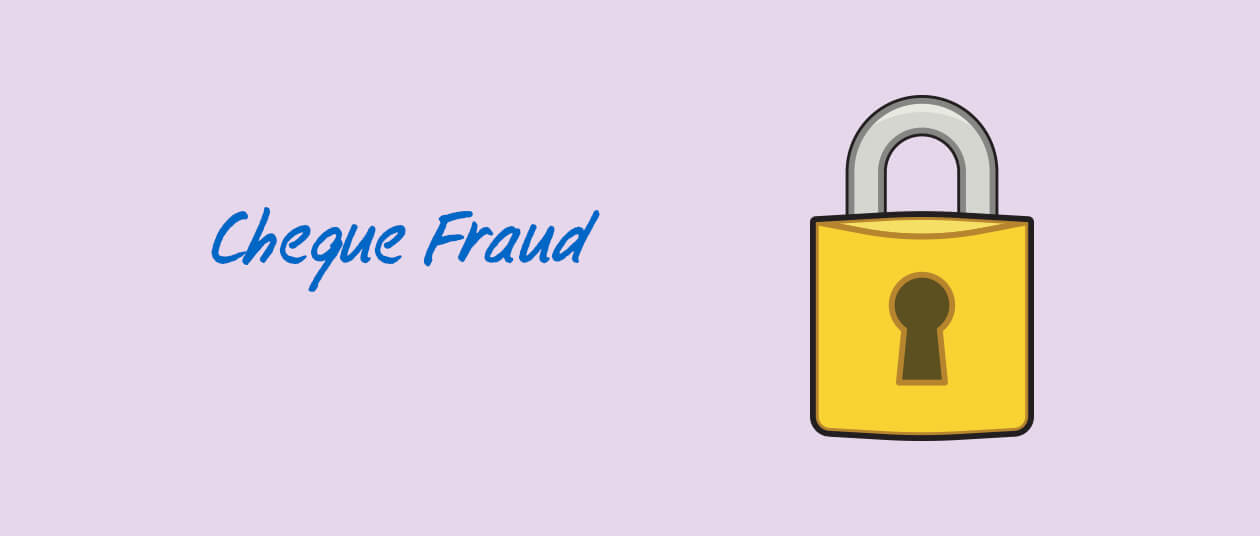How much do you really know about preventing cheque fraud? It’s ok to admit that you could benefit from some education. We’re here to help. Read on for what you need to know about cheque fraud.
What exactly is cheque fraud?
There are three kinds of cheque fraud.
- Counterfeit cheques
Counterfeit cheques can take many forms such as office and cashiers cheques, money orders and bank drafts.
Cheques can sometimes be a fraudulent copy of a legitimate cheque. Look out for slightly blurred text or if the cheque codes have reversed financial institution or transit numbers.
- Altered cheques
Any cheque can be altered. Look out for common alterations such as the date, payee or amount. Sometimes the cheques can have smudge marks or they appear faded. And the cheque can even appear crumpled, dirty or wrinkled in an effort to hide the alterations.
By holding the cheque up to a light, you can better pin point some of these alterations.
- Forged cheques
Oftentimes, these cheques are stolen and then forged by the fraudster.
How you can protect yourself.
Beware of sophisticated knock-offs. Counterfeit cheques often say “Guaranteed Funds” or “Certified” on the face of the cheque and may appear to be from a respected financial institution or well-known company. But they’re not.
Be careful who you accept cheques from. A cheque can be returned as counterfeit even after the clearing process and hold period is complete.
You are ultimately responsible for cheques you deposit to your account. In other words, if you spent the money, you have to pay it back. Make sure you know the party giving you the cheque and are comfortable with them before you decide to put your funds at risk.
How we protect you.
Our deposit hold policy helps protect your account from cheque fraud. You may notice that we ask questions about your transactions to help determine if you’re being scammed. And we work hard to educate our employees on fraud trends and scams to help them identify fraud. If a cheque looks unusual, we’ll take steps to verify its authenticity.
What to do if you need help.
Reach out to us and report the fraud. We’re here to help. The Canadian Anti-Fraud Centre also has some helpful tips.



